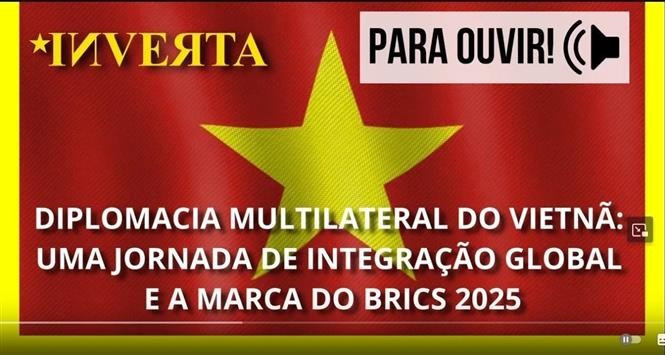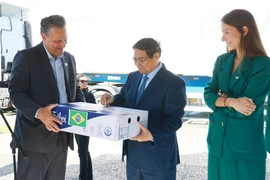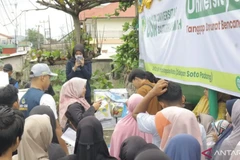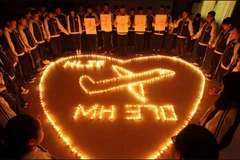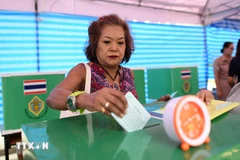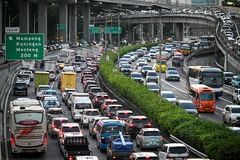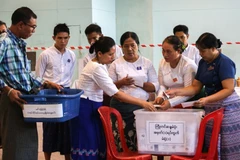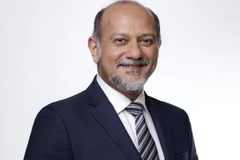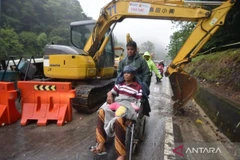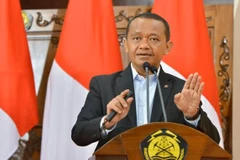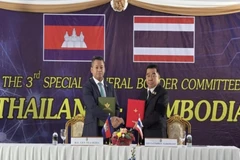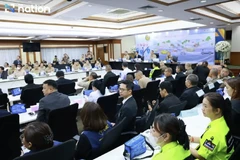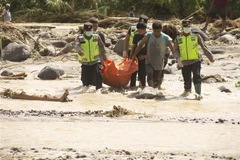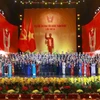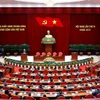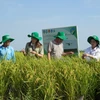Buenos Aires (VNA) – Brazil’s INVERTA news site on July 5 published an article in Portuguese on Vietnam’s multilateral diplomacy, highlighting the significance of Prime Minister Pham Minh Chinh’s attendance at the expanded BRICS summit in Rio de Janeiro and his official bilateral activities in Brazil.
The article stressed that the summit, taking place on July 6 and 7, offers Vietnam, which is now the 10th official BRICS partner, a valuable opportunity to affirm its role as a proactive contributor to global peace, equity, and sustainable development.
With a vibrant economy, a population nearing 100 million, and deep integration into global supply chains, Vietnam brings to Brazil the story of a nation that has evolved from isolation to becoming a trusted and active participant in shaping multilateral frameworks.
Vietnam’s presence at BRICS 2025, the author noted, is not only about strengthening ties with emerging economies, but also a statement of responsibility in addressing shared global challenges, including sustainable development and climate action. For Brazil, it is an opportunity to witness a dynamic Vietnam that is committed to collaboration for common interests and shared prosperity.
INVERTA also highlighted Vietnam’s long-standing commitment to multilateralism since its President Ho Chi Minh read the Declaration of Independence, declaring the birth of the Democratic Republic of Vietnam on September 2, 1945.
Multilateral diplomacy has accompanied every stage of Vietnam’s development, from its past struggle for independence to its current process of national construction and defence, the article wrote. Since the Doi moi (Renewal) process launched in 1986, it has been a central pillar of Vietnam’s foreign policy of independence, self-reliance, peace, cooperation and development, multilateralisation and diversification of external relations, and proactive international integration.
Vietnam’s formal admission as the 10th BRICS partner in June this year marked a significant milestone in this diplomatic journey, said INVERTA. With its fast-growing economy, Vietnam is described by the news site as an important player in Asia and a like-minded partner in BRICS’ mission to build a fairer, more representative global order.
On the same occasion, INVERTA Radio also aired a commentary praising PM Chinh’s visit to Rio de Janeiro. It said Vietnam’s presence at the summit not only affirms the country’s international position, but also helps deepen ties with Brazil – a strategic partner that shares common values and interests. The broadcaster added that both nations are dynamic developing economies, and united in their aspiration to build a prosperous, peaceful, and multipolar world./.
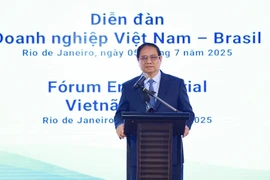
PM vows favourable conditions for Brazilian firms to successfully invest in Vietnam
Delegates said that room for economic cooperation between the two countries is still very large and not commensurate with the potential as well as the political and diplomatic relations, especially after the two countries upgraded their relationship to a Strategic Partnership in November 2024.
